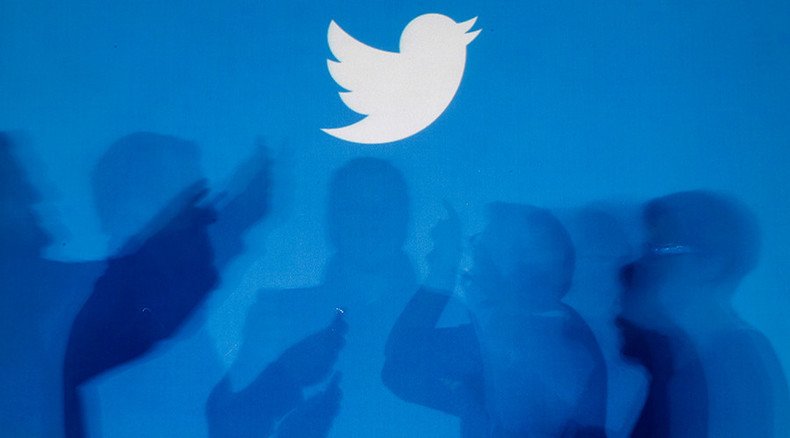War on Twitter: #BoycottGermany trending over #BoycottGreece

Social media’s response to Germany’s hardline approach during the Greece bailout crisis wasn’t long in coming, as Twitter users called for a boycott of German products. A corresponding hashtag has been used more than 32,500 times.
The harsh conditions imposed on Greece as part of the third bailout proposal by European creditors has inspired Twitter users to start a #BoycottGermany campaign. According to web analytics service Topsy, the hashtag gained over 16,000 entries on Monday alone.
#BoycottGermany#StopBuyingGermanpic.twitter.com/MZiWIZ9iGE
— Knoulp (@knoulp) July 16, 2015#vouli#ThisIsACoup#BoycottGermany#StopBuyingGerman#SupportGreecepic.twitter.com/RHWGfg0WLX
— we_love_Greece (@savvas_plikas) July 16, 2015#BoycottGermanypic.twitter.com/PgkMDBlYq6
— Jesús (@Jegondan) July 16, 2015Some Germans couldn’t stand idly by and responded with a #BoycottGreece hashtag, mocking the crumbling Greek economy.
Do as #Merkel does. Eat #döner instead of #gyros ! #BoycottGreecepic.twitter.com/Jy69pF1icn
— Ruud Zwart (@swamibami) July 14, 2015#BoycottGermany? U have no idea of how economy works. Don't bite the hand that feeds. #germany wants #Greece to be stable. #boycottstupidity
— Ralf Krämer (@greenFurby) July 14, 2015All in all, German businesses don’t consider the public reaction too threatening.
“We’re taking this seriously, but there’s no reason to panic,” Volker Treier, head of the German Foreign Trade Chamber of Commerce (DIHK), told the Reuters on Tuesday. “There have been such calls, time and again since the beginning of the Greek crisis. They largely fizzle out without any effect.”
“In Greece there’s also support for the reforms,” Treier added. “The agreement is a huge sigh of relief for the local economy.”
READ MORE: Beat the dog before the lion: Varoufakis accuses Schauble of sacrificing Greece
Many Twitter users took a more ironic approach, either sarcastically lampooning some weird German traditions or speculating what life would be like in Greece without beer.
#BoycottGermanypic.twitter.com/VPPQlmQLhY
— Niki Delpi (@NikiDelpi) July 14, 2015#BoycottGermany and have fun! pic.twitter.com/HVb35vVih0
— Strelok (@salzmanufaktur) July 14, 2015The new loans will be finalized on Friday following approval by the Greek parliament on Thursday, Reuters reported. However, the agreement for a three-year-long bailout program of up to €86 billion ($94 billion) must still be approved by Germany’s parliament, and requires that strict economic reforms and budget cuts be implemented by Greece. Strict measures, including the introduction of higher taxes and an increase in the retirement age, will be tough for Greeks to swallow, given they have already seen capital controls and a so-called “bank holiday”.
German Finance Minister Wolfgang Schaeuble expressed doubt in the third bailout, telling Deutschlandfunk radio that “We will now see in the negotiations whether there is even a way to get a new program, taking into account financing needs, which have risen incredibly.”
Food for thought #BoycottGreece#BoycottGermanypic.twitter.com/ql8KUtgbD8
— Alexandros Melis (@alexzoltan) July 15, 2015











